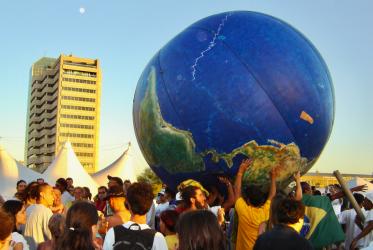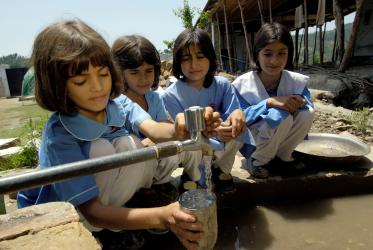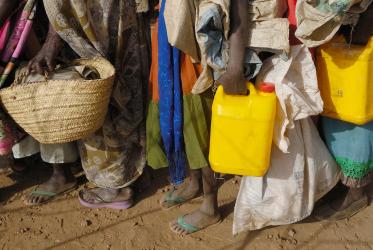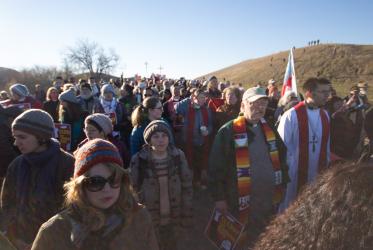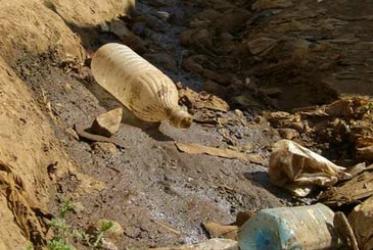Displaying 1 - 20 of 113
WCC Eco-School for Europe and North America region
11 - 18 November 2023
Orthodox Academy of Crete, Greece
“Faith Community is a Blue Community” - WCC official side event at the UN Water Conference
22 March 2023
UN Church Center, 777 United Nations Plaza, New York and online via Zoom
2022 Social Forum: Water for human rights and sustainable development
03 - 04 November 2022
Palais des Nations in Geneva, Switzerland
Seven Weeks for Water 2021
17 February - 29 March 2021
Rethinking Ecological Relationships in the Anthropocene era
11 - 13 February 2021
WCC Eco-School 2021 for Pacific region on Water, Food and Climate Justice
22 - 28 February 2021
